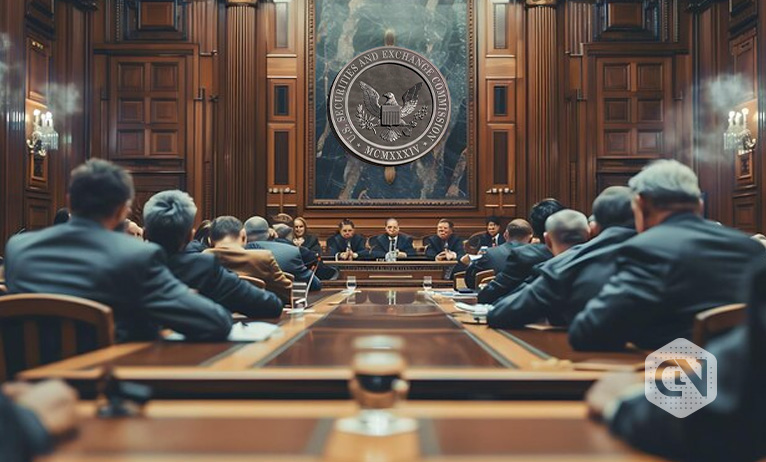Bitcoin Mining Power Struggle in Paraguay
Bitcoin mining is an industry that consumes a substantial amount of power, particularly in regions where mining farms are prevalent. This power consumption has raised concerns about the strain it places on the local electricity grid. While some regions can manage this demand, others, like Paraguay, are beginning to experience issues.
Paraguay, a country known for its abundant hydropower resources, has thus far not reported significant power supply problems. However, in light of the potential impact of Bitcoin mining on its energy infrastructure, lawmakers in Paraguay are considering a ban on Bitcoin mining through legislation. If approved, this ban could potentially extend to crypto staking and cryptocurrency wallets.
The Proposed Ban and Its Implications
The proposed ban on Bitcoin mining in Paraguay aims to address concerns about excessive power consumption by mining activities. Estimates suggest that illegal mining activities in the country are costing the region $60 million annually. The bill proposes to impose a temporary ban on mining activities for 180 days or until Paraguay establishes a comprehensive regulatory framework for the industry.
ANDE, Paraguay’s national electricity administration, is also exploring measures to support the development of the mining industry without adversely affecting the broader energy grid or the needs of other users. However, the proposed legislation goes beyond Bitcoin mining to encompass the creation, storage, and trading of crypto assets in Paraguay.
Enforcement and Consequences
If the bill becomes law, individuals and entities found in violation of the ban could face penalties under Paraguay’s national financial system, the Central Bank of Paraguay, and other regulatory bodies. The legislation seeks to enhance consumer protection and combat criminal activities such as money laundering and tax evasion associated with crypto assets.
Despite these intentions, critics argue that the proposed ban lacks nuance and fails to distinguish between legal and illegal uses of crypto assets. They warn of unintended consequences that could stifle innovation and economic growth in the region. Activists like Luis Benitez advocate for a more balanced approach that safeguards users while supporting legitimate technological advancements.
Challenges and Trade-Offs
Reports have emerged indicating that some Bitcoin mining farms in Paraguay consume power equivalent to that of entire cities, raising concerns about sustainability and resource management. Recent crackdowns on illegal mining operations, such as the raid on Rado Quindii involving 700 active ASICs, underscore the need for regulatory oversight in the industry.
As Paraguay navigates the complexities of regulating Bitcoin mining and crypto assets, policymakers face the challenge of balancing energy conservation with fostering innovation. Striking this balance is crucial to avoid alienating partners and stakeholders while ensuring sustainable growth in the sector.
Image/Photo credit: source url





